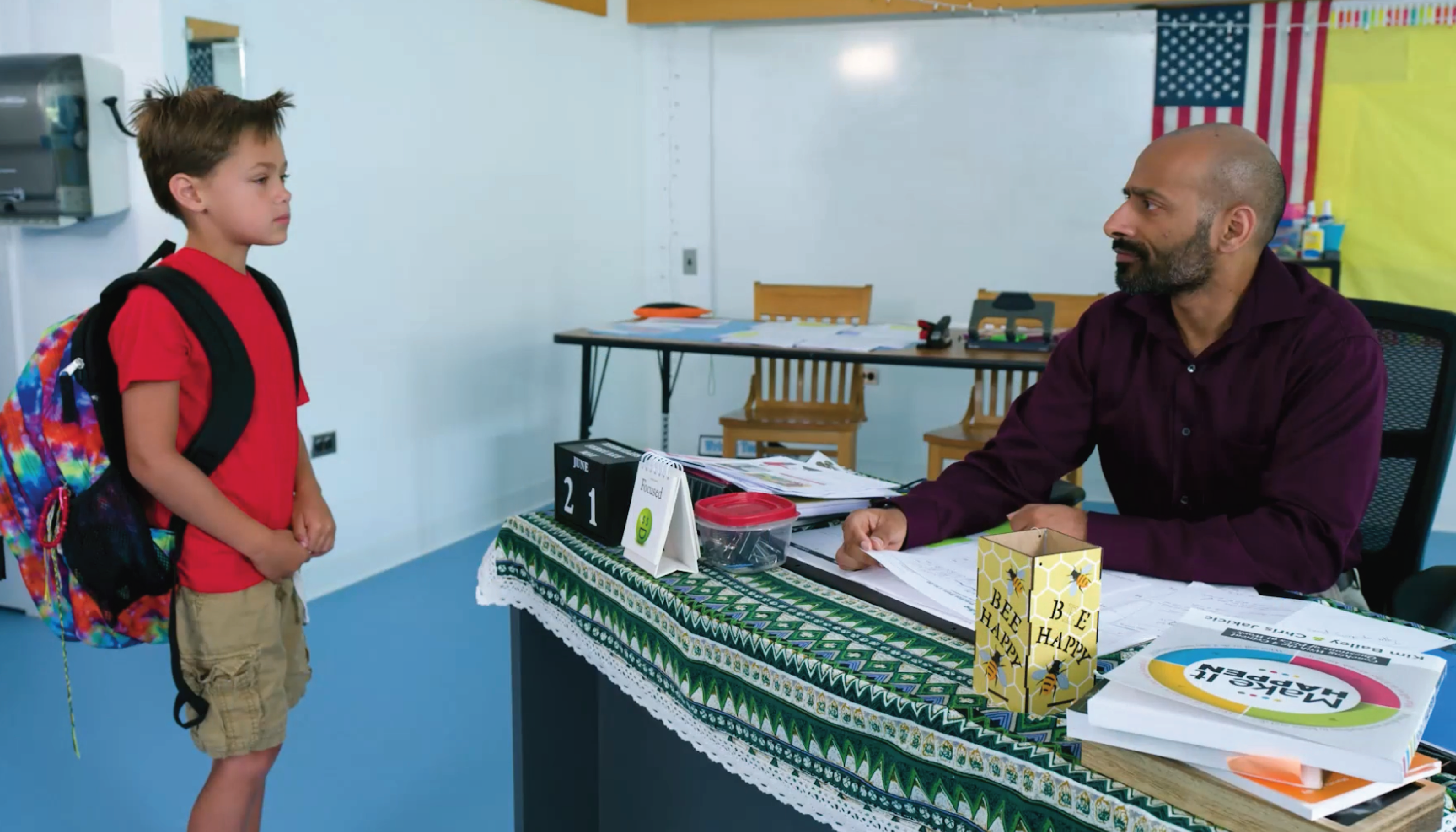
In special education, it’s crucial to address the diverse needs of students to help them thrive. One skill that plays a significant role in their learning and social interactions is the ability to use the voice scale and become social chameleons. This blog post will explore the importance of this target skill, the role of specialists, and how to create effective IEP goals to support its development.
Understanding the Voice Scale and Social Chameleon Skills
The target skill involves using the voice scale and becoming a social chameleon. Students learn to adapt their behavior and voice levels to match their environment and the people around them. This skill is essential for promoting positive social interactions, fostering a sense of belonging, and enhancing overall wellbeing.
The Role of Specialists
Various specialists can support the development of the target skill:
- Speech-Language Pathologists: Help students understand and practice appropriate voice levels for different situations.
- Social Workers: Assist in building students’ social awareness and adaptability skills.
- Psychologists: Work with students to address any emotional or behavioral challenges related to adapting their behavior and voice levels.
- School Counselors: Provide guidance and resources to support students’ social and emotional growth.
IEP Goals for Voice Scale and Social Chameleon Skills
Here are some SMART IEP goals for improving the target skill:
- Goal: The student will demonstrate the ability to identify and use appropriate voice levels in various settings with 80% accuracy within six months.
- Strategies and Activities: Role-play different scenarios, use visual aids to represent voice levels, and provide reminders and feedback.
- Goal: The student will successfully adapt their behavior to match the social context in four out of five observed situations within six months.
- Strategies and Activities: Teach social cues, practice perspective-taking, and engage in group activities to build social skills.
Implementing and Measuring Progress
To implement these goals, collaborate with specialists, provide consistent support, and use a variety of strategies. Measure progress through regular observations, data collection, and adjustments to strategies as needed.
Conclusion
Developing the ability to use the voice scale and become social chameleons allows Kindergarten students to navigate their social environment effectively. Apply these IEP goals and strategies to help students succeed. To explore more resources, visit Everyday Speech Sample Materials.





